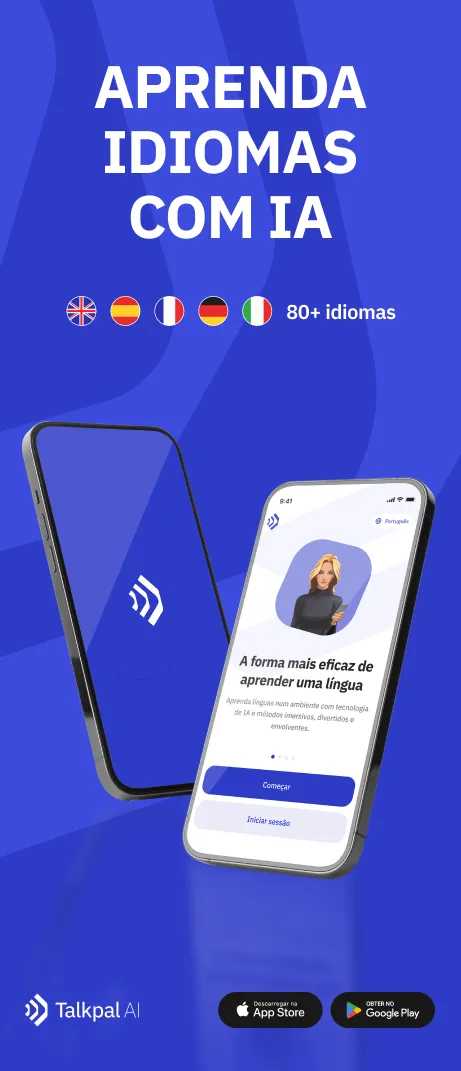Estudar condições hipotéticas é importante não só para testes de proficiência, mas também para a comunicação do dia a dia em inglês. Por meio destes exercícios, você será capaz de expressar desejos, dar conselhos e considerar consequências de ações de maneira condicional. Siga as instruções e preencha as lacunas com a forma correta do verbo no segundo condicional, praticando assim sua habilidade de gramática inglesa.
Exercício 1: Complete as sentenças com a forma correta do segundo condicional.
If he *had* (have) more time, he would travel the world.
If they *were* (be) hungry, they would eat something.
If she *studied* (study) harder, she could pass the exam.
If I *knew* (know) the answer, I would tell you.
If you *asked* (ask) him nicely, he might lend you the book.
I would be happy if I *owned* (own) a beach house.
If it *rained* (rain) tomorrow, we could stay in and watch movies.
If we *lived* (live) in a warmer climate, we would go to the beach every weekend.
She would buy that dress if it *were* (be) less expensive.
If I *saw* (see) a ghost, I would be terrified.
They would help us if they *knew* (know) how.
If he *ate* (eat) too much, he would feel sick.
I would write a book if I *had* (have) more free time.
If you *went* (go) to bed earlier, you wouldn’t be so tired.
If they *offered* (offer) me the job, I would definitely accept it.
Exercício 2: Use o segundo condicional para completar as frases a seguir.
If you really *wanted* (want) to learn piano, you would practice more often.
She would understand the lesson if she *listened* (listen) carefully.
If we *invited* (invite) them to the party, do you think they would come?
He could improve his Spanish if he *lived* (live) in Spain for a few months.
If it *didn’t* (not) rain this weekend, we could go hiking.
If I *were* (be) you, I wouldn’t miss this opportunity.
They wouldn’t be late if they *left* (leave) home earlier.
If she *took* (take) the medicine, she would feel better.
You would lose weight if you *exercised* (exercise) regularly and ate healthily.
If he didn’t have to work, he *would travel* (travel) more.
If I *knew* (know) how to swim, I would join the swimming club.
She would visit her grandparents more often if she *had* (have) a car.
If you *studied* (study) every day, you could become fluent in English.
They *could buy* (buy) a new house if they saved enough money.
If it *was* (be) warmer, we could have a picnic outside.










